Attending the workshop were BSR General Director Nguyen Viet Thang; PVOIL Deputy General Directors Hoang Dinh Tung and Le Trung Hung, along with representatives of leaders and experts from professional departments of the two units.
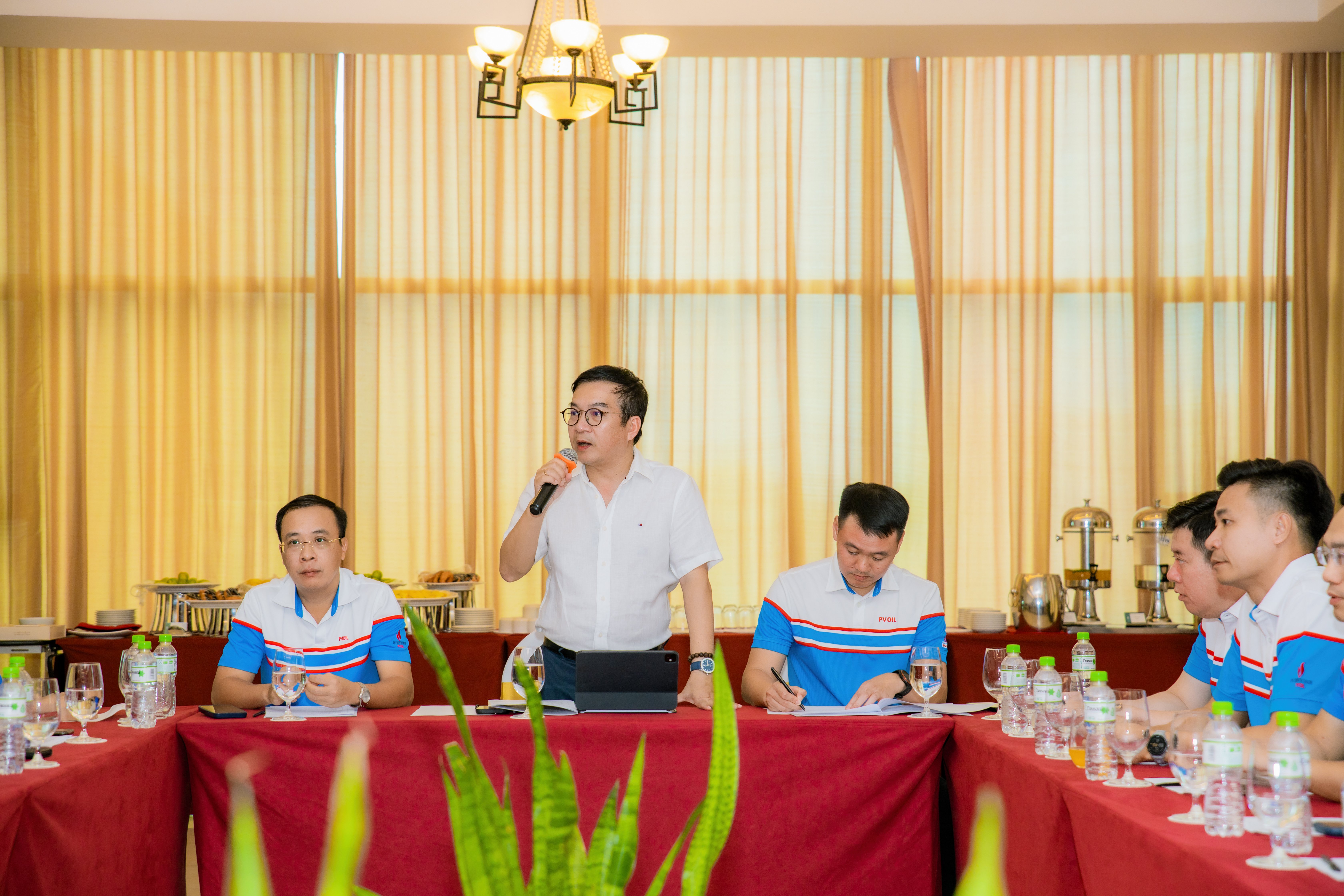
Speaking at the opening of the workshop, BSR General Director Nguyen Viet Thang affirmed that BSR and PVOIL are two pioneers in linking the Group's oil and gas value chain, with key roles from supplying crude oil, processing, blending to distributing petrochemical products. The cooperation between the two sides in recent times has contributed to improving economic efficiency, increasing revenue, reducing intermediary costs, and enhancing the competitiveness of each enterprise and the entire industry.
In the context of the Government promoting a green growth strategy, aiming for net zero emissions by 2050 as committed at the COP26 conference, Petrovietnam has taken the lead in increasing the production and consumption of renewable energy products, especially biofuels, which has become an inevitable trend. As a leading enterprise in biofuel production, BSR has proactively coordinated with PVOIL to develop a closed supply chain, from Ethanol components to blended products such as E3, E5 and E10. Especially the plan to restart the Central Petroleum Biofuel Plant.
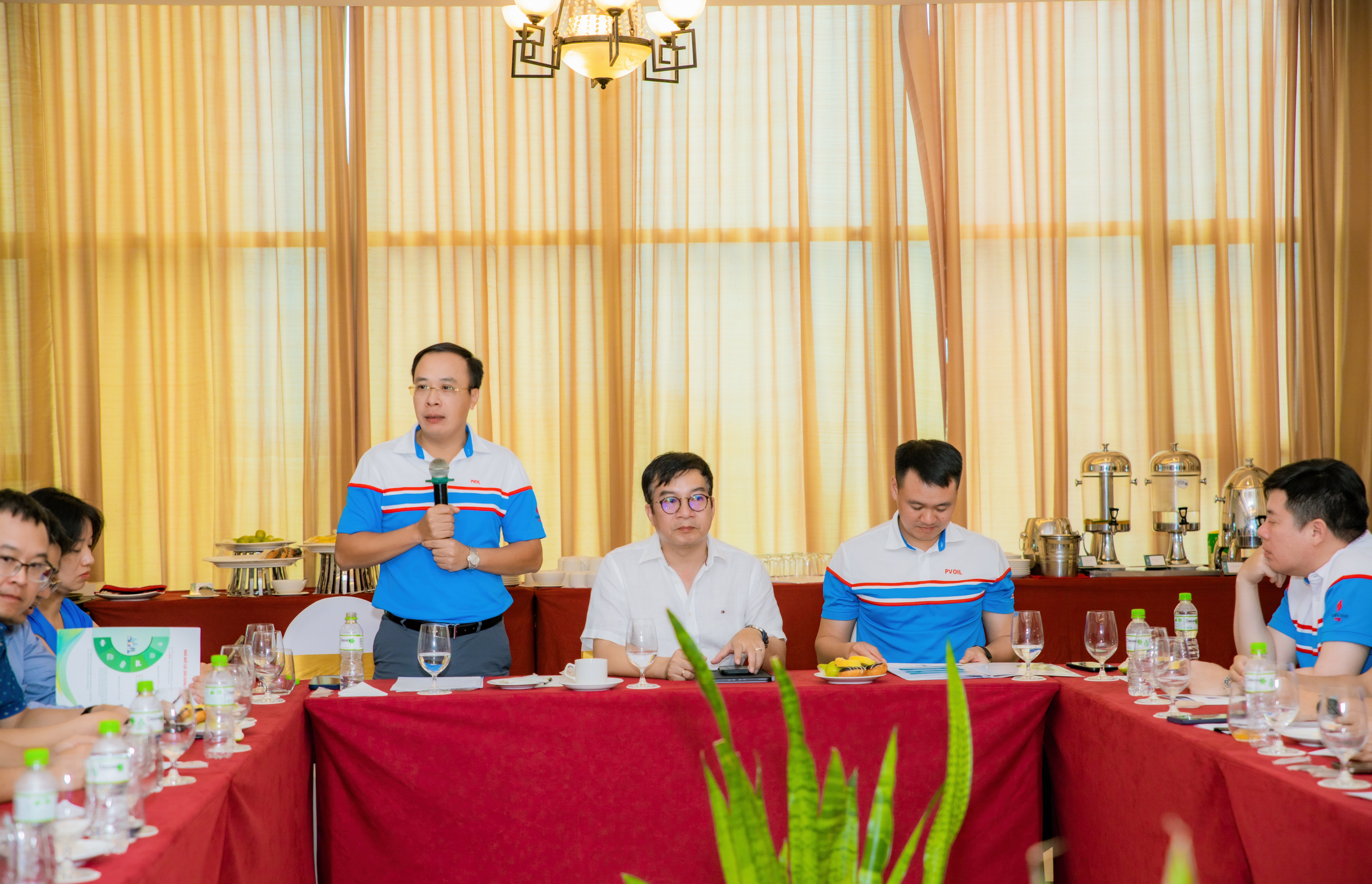
Currently, Dung Quat Oil Refinery operated by BSR is blending E5 RON 92 bio-gasoline by using RON 92 base gasoline combined with fuel ethanol (E100) at PVOIL's blending tank area. Thanks to the synchronous infrastructure system and modern technology, the factory is fully capable of increasing its blending capacity to flexibly meet market demand, especially during the period when the Government has a roadmap from January 1, 2026 to expand the use of E10 gasoline.
On PVOIL’s side, with a wide distribution network of nearly 700 affiliated gas stations and thousands of agents, the infrastructure and logistics are ready to receive, preserve and distribute bio-fuel products. The two sides have signed contracts to supply components and complete blending products, ensuring a stable, continuous supply and high price competitiveness. At the same time, the market is expanding to countries in the region such as Laos, Cambodia, etc.
Within the framework of the workshop, the content of "Coordination in crude oil coordination - reducing transportation costs, waiting ships and responding to unusual situations causing local oil shortages for Dung Quat Oil Refinery" was discussed.
Currently, Dung Quat Refinery depends mainly on domestic crude oil sources and partly on imports. However, the coordination of crude oil transportation always has potential risks related to politics, weather, waiting ships, interruptions from the exploitation field or technical problems at the anchorage point. These factors not only cause cost losses but also directly affect the production and processing plans of the factory.
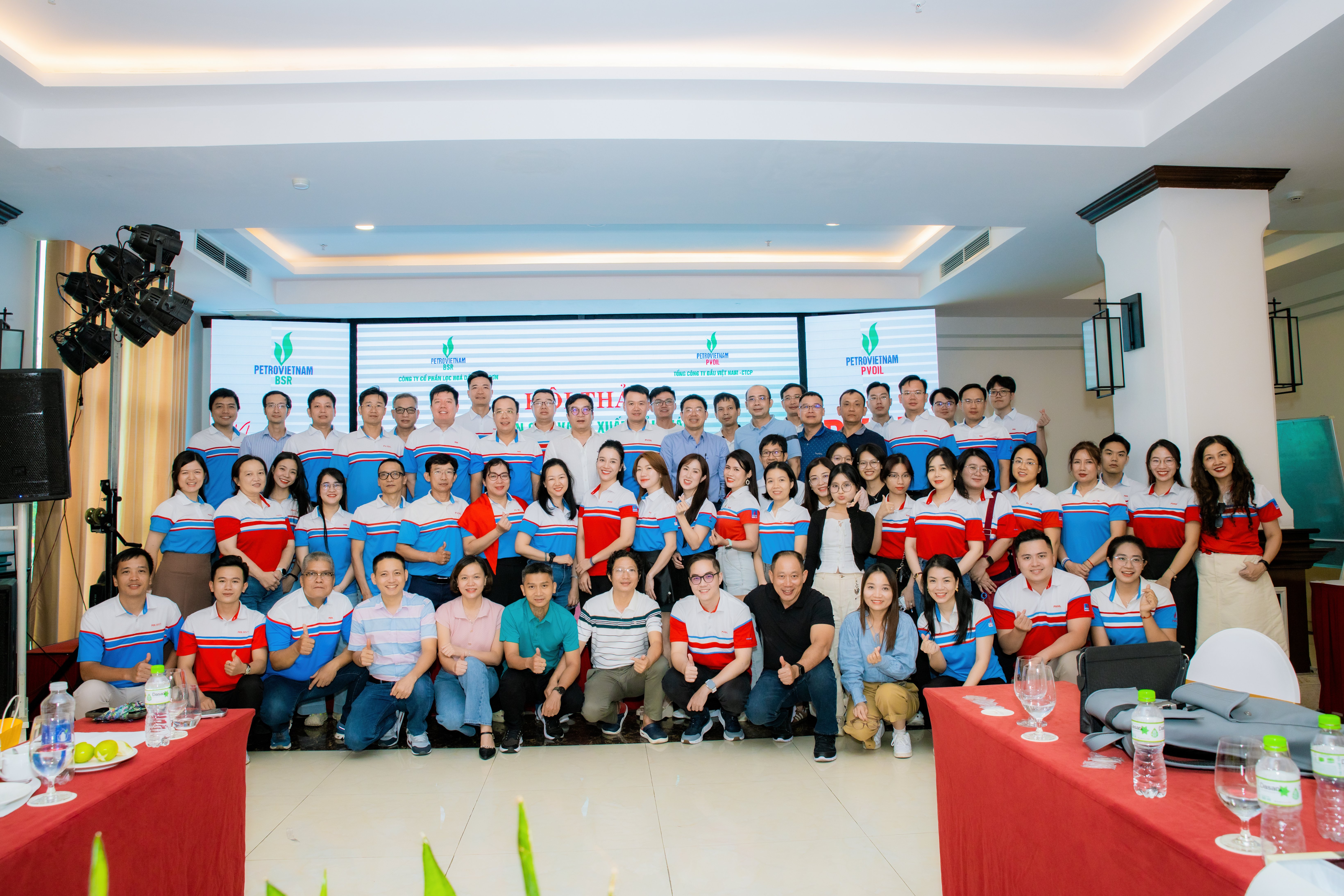
At the workshop, representatives of BSR and PVOIL analyzed the current situation and proposed solutions for more effective coordination in crude oil coordination. Some notable proposals include building a common coordination mechanism on oil import schedules between the two sides, optimizing the rotation capacity of oil tankers, using a flexible intermediate storage system to reduce the risk of port congestion, and applying a digital dispatch system to update real-time supply fluctuations.
In the long term, the establishment of a flexible crude oil coordination mechanism, based on digital data platforms and intelligent forecasting models, will be a sustainable solution to help reduce logistics costs, reduce vessel waiting rates, and enhance the overall competitiveness of the national petrochemical refining value chain.
Delegates also gave their opinions on the topic: “Chain linkage in the exploitation of PVOIL’s Phu My Condensate Processing Plant”. This is a plant with a capacity of 130,000 tons/year, playing an important role in processing condensate - a high-value input material in the petrochemical refining chain. At the workshop, delegates emphasized and proposed solutions and options for Phu My Condensate Plant to increase capacity and efficiency by processing other Condensate sources such as Hai Thach Moc Tinh, Sao Vang Dai Nguyet, Rong Doi and BSR can coordinate to process and consume more bottom products from the Plant such as heavy DO, FO ... This coordination maximizes the value of chain linkage between BSR and PVOIL from processing to selling products. However, to effectively utilize the factory's capacity, it is necessary to build a chain linkage model between PVOIL (the factory owner) and BSR (the output product user) in a tight, scientific and long-term manner.
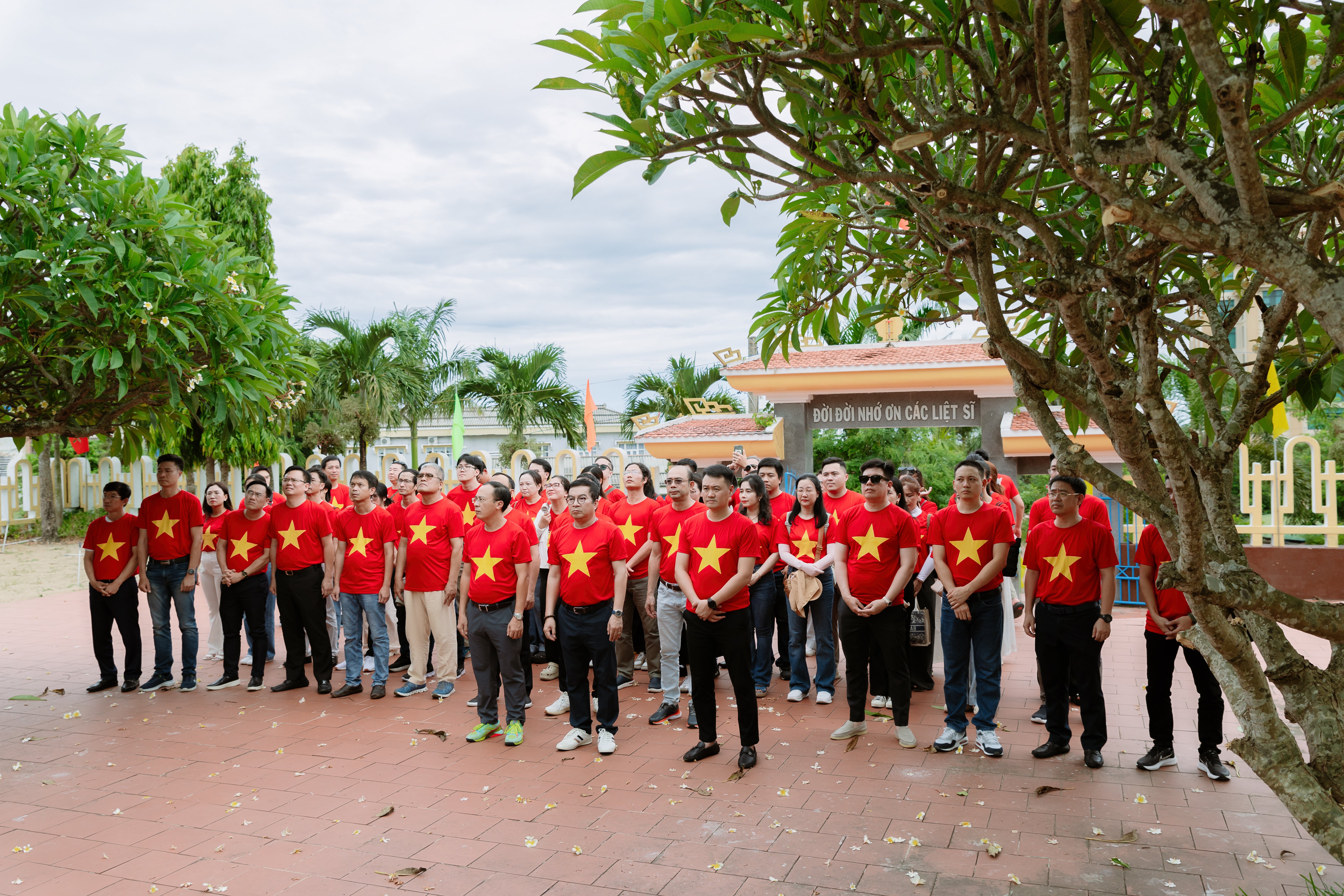
The workshop “Research and propose solutions to strengthen the linkage of the oil and gas value chain between BSR and PVOIL” is not only an opportunity for two leading enterprises in the field of petrochemical refining and fuel distribution to share experiences and establish specific coordination mechanisms, but also a strategic step in the process of optimizing the national energy supply chain. The commitments and orientations made at the workshop are a solid premise for BSR and PVOIL to enhance their cooperation and accompany the country on the journey of developing sustainable, green and efficient energy.
BSR
Source: https://bsr.com.vn/web/bsr/-/bsr-va-pvoil-day-manh-link-ket-chuoi-gia-tri-dau-khi


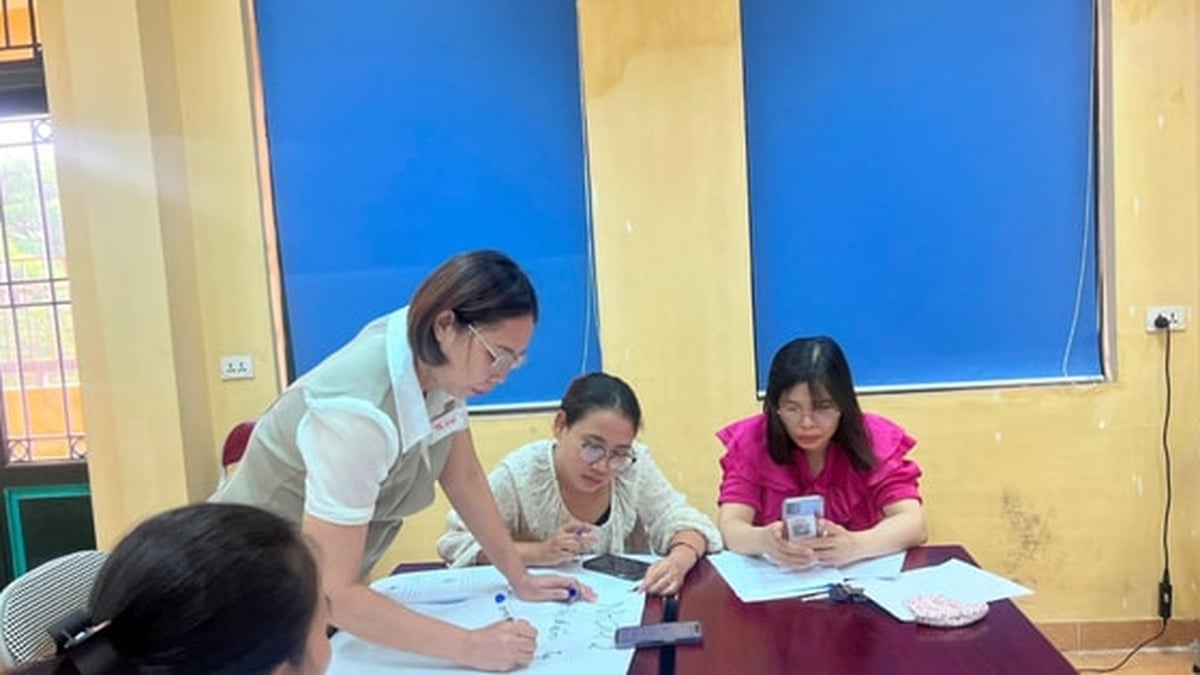
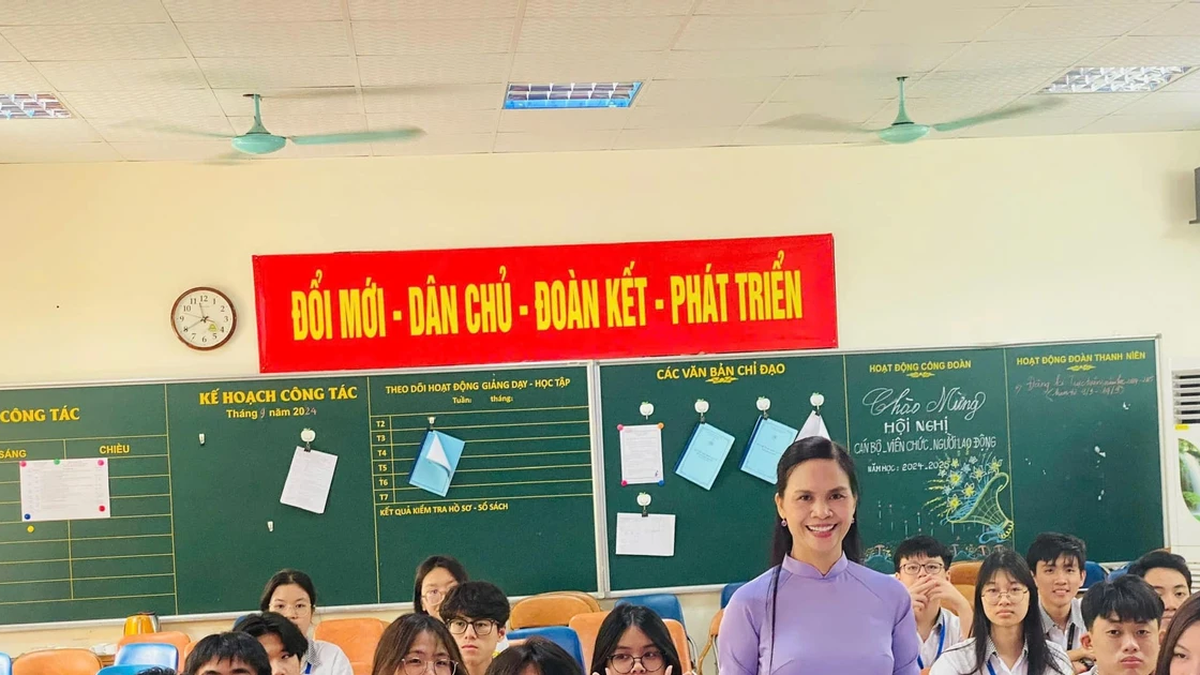
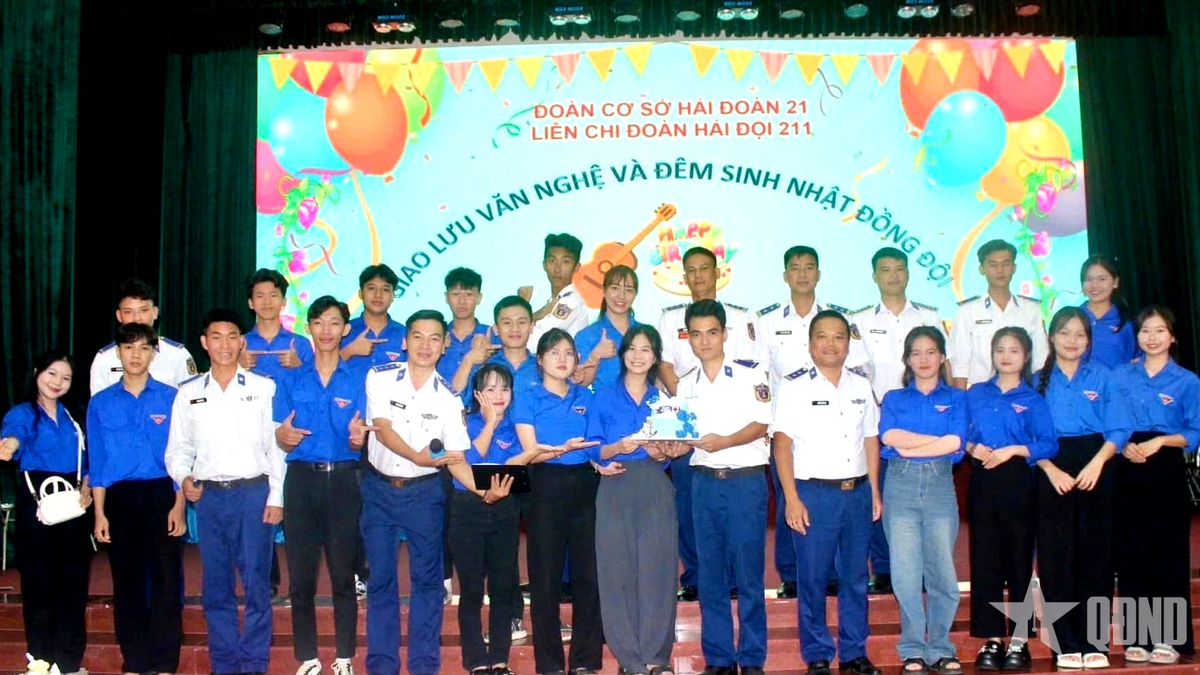
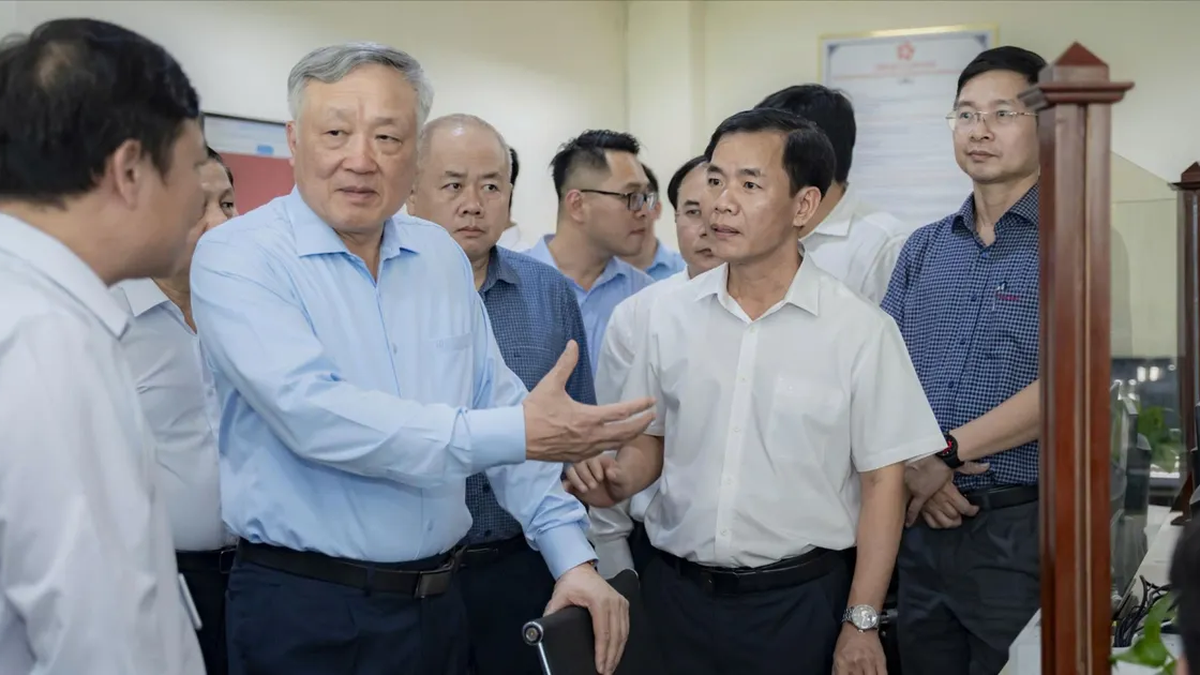
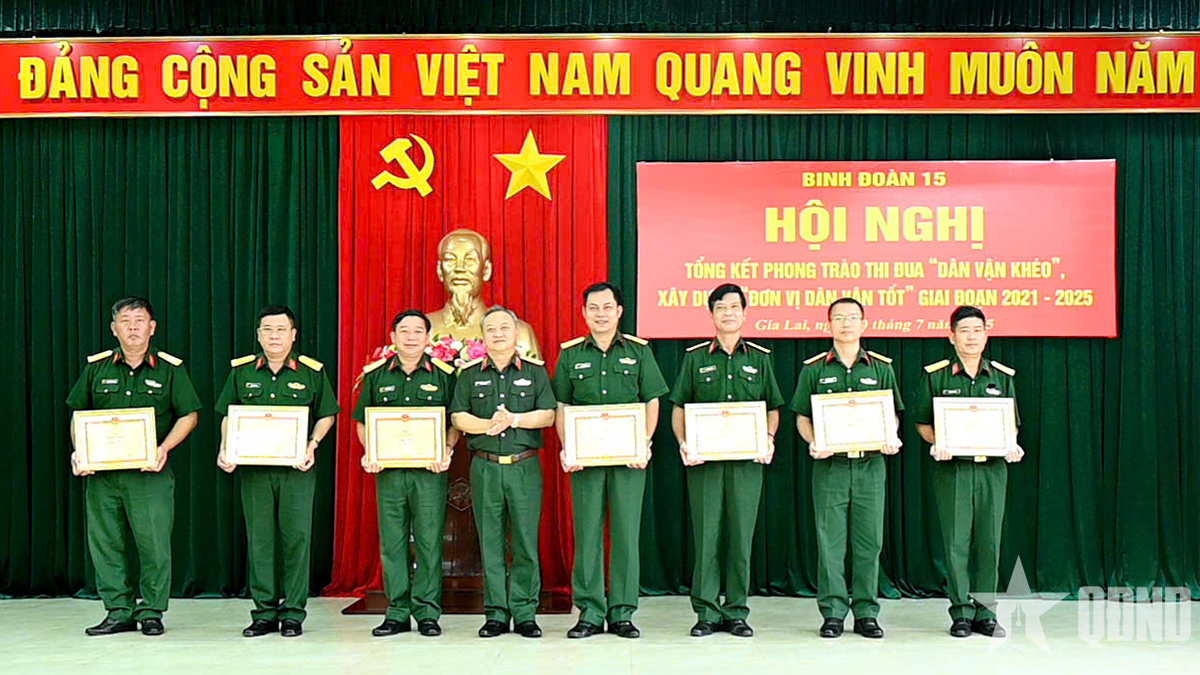

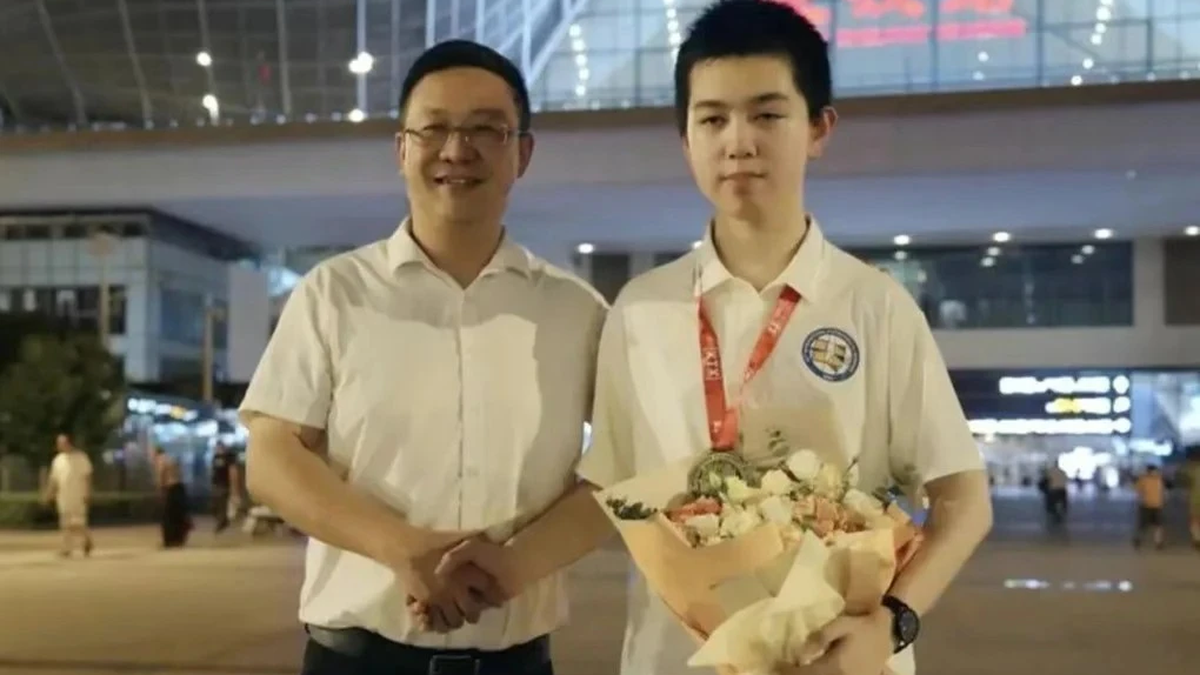

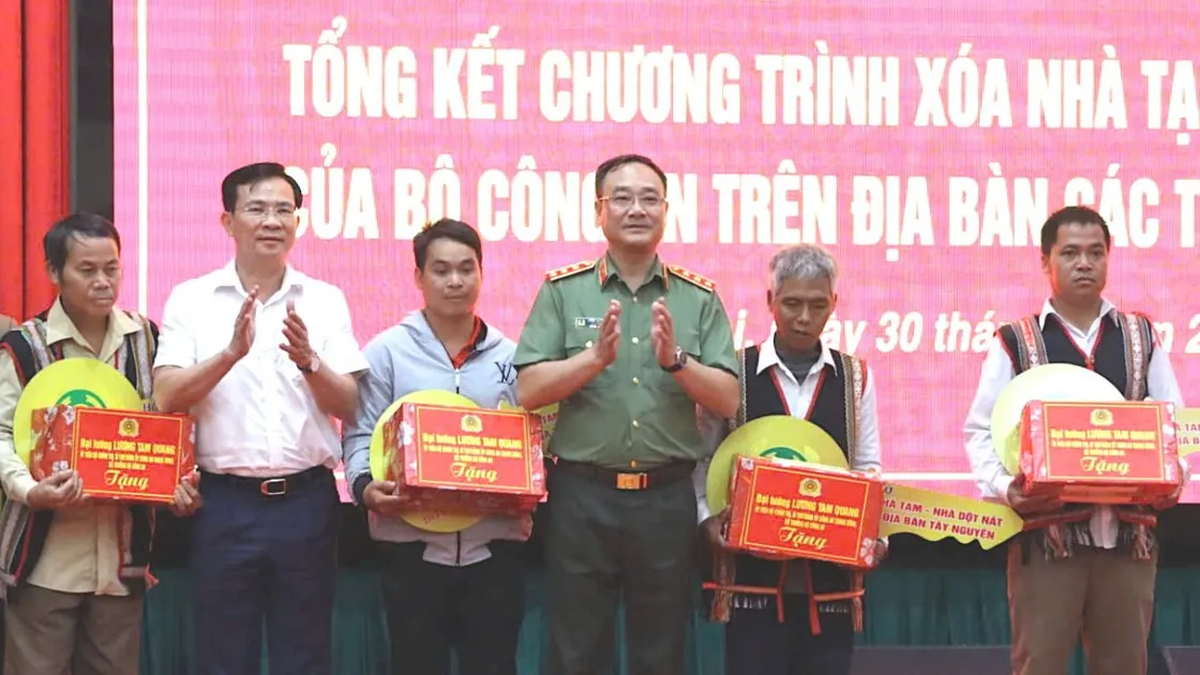
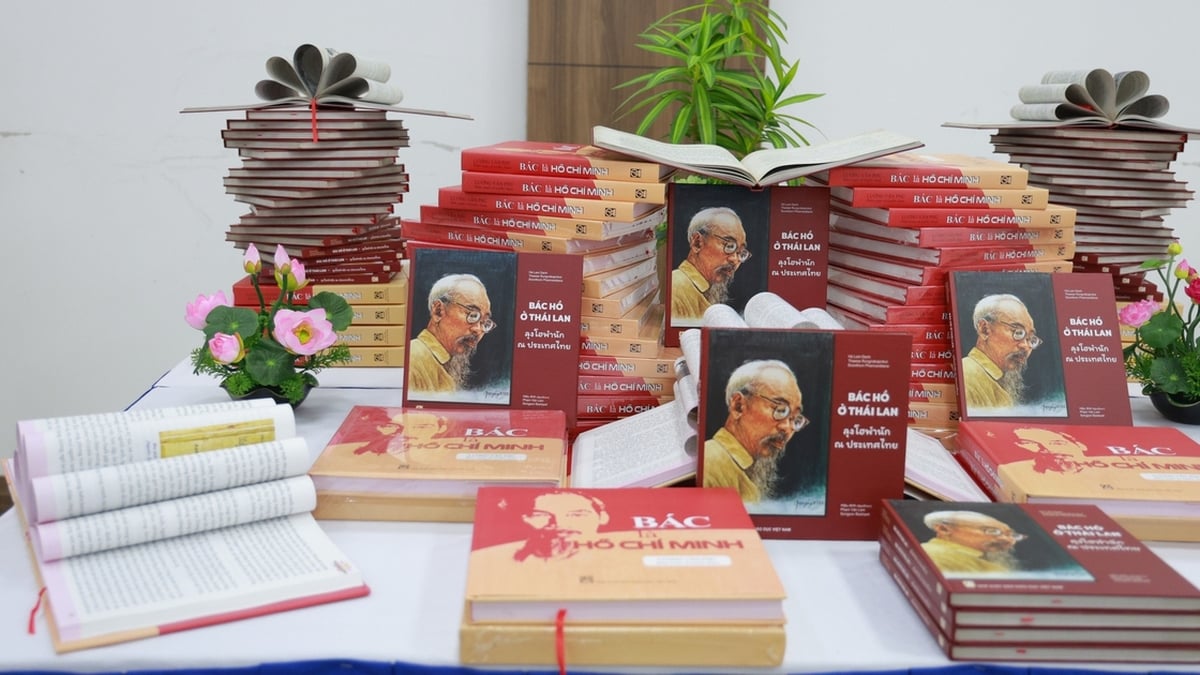











































![[Maritime News] Container shipping faces overcapacity that will last until 2028](https://vphoto.vietnam.vn/thumb/402x226/vietnam/resource/IMAGE/2025/7/30/6d35cbc6b0f643fd97f8aa2e9bc87aea)












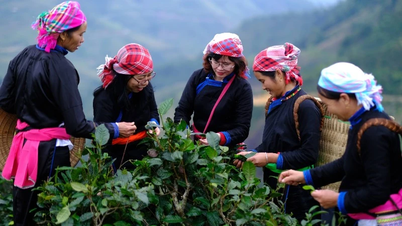
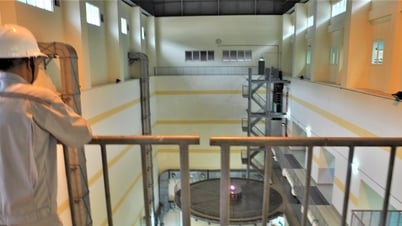







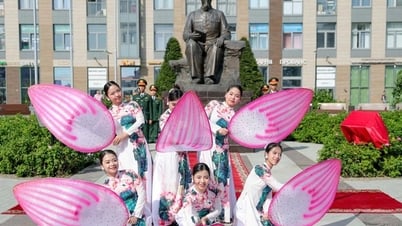



















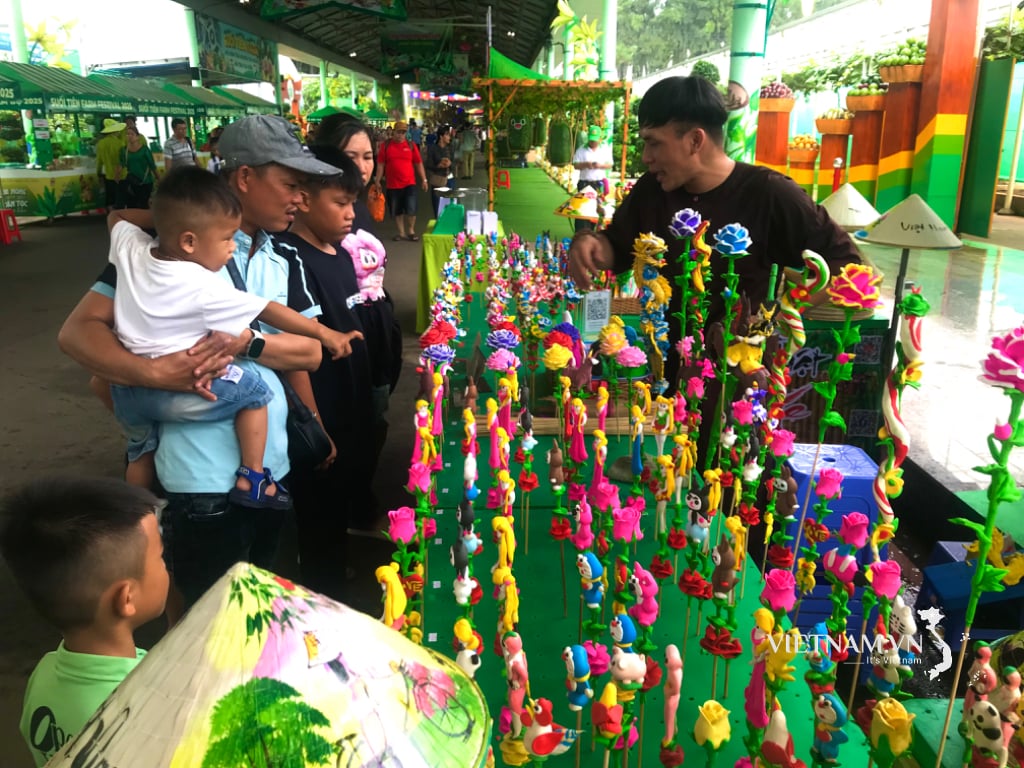
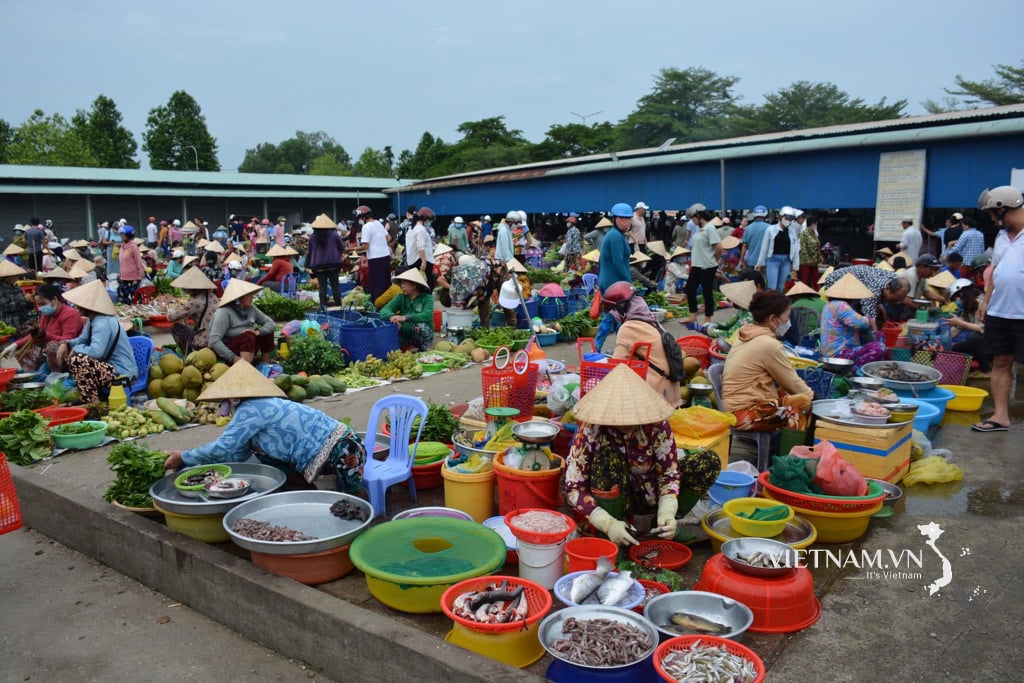


Comment (0)